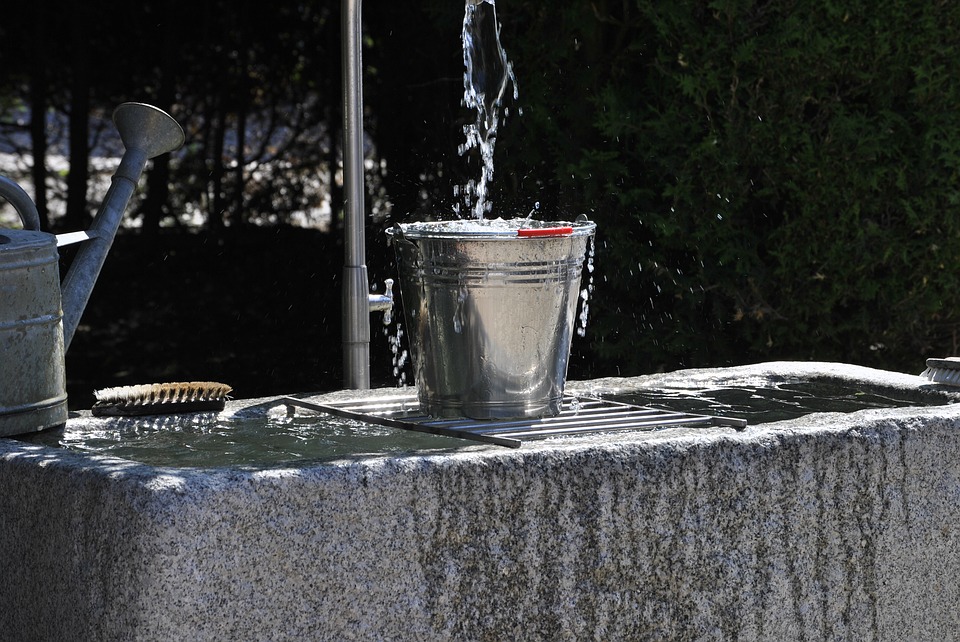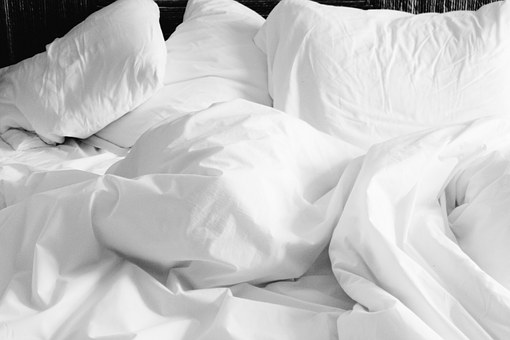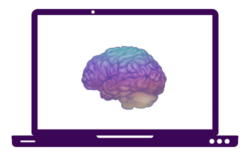Thank you for being here and taking the time to read today’s blog. I wanted to give you a little insight into the different types of stress, the effect that stress has on our mental, emotional and physical health. How we can reduce the stress in our stress buckets and get back in control of our lives again.
The types of stress
There are two main types of stress. One is the healthy kind of stress and one is not so much. If you have a deadline at work and needed to push yourself really hard to get it done, you would have ‘challenge stress’ going on. Challenge stress is the type of stress which is good, as it pushes you to achieve what you need to do, your brain will release adrenaline’s and stress hormones such as cortisol briefly, and when the situation is over you brain and body calm down again.
Threat stress is the ‘not so good’ type of stress and if it continues for extended periods of time, it can be detrimental to your mental, emotional and physical health! This is because we are living in a permanent state of fight or flight. The primitive emotional brain is in control of our daily lives and we are being drip-fed adrenalines and stress hormones constantly.
The brain and the chemicals

When we have a perceived threat, such as a very HUNGRY polar bear, the hypothalamus in your brain switches on the ‘red alert’ mode. I personally hear the red alert alarm from star trek when talking about ‘red alert’ (Live long and prosper! ??). The ‘red alert’ response will prompt your body to release a cocktail of chemicals which are responsible for ensuring your survival in the threatful situation.
One of these is Adrenaline. Adrenaline will increase your heart rate, increase your blood pressure, palms go sweaty, boosts your energy, and the stomach gets upset. At the same time, we release the stress hormone Cortisol.
Cortisol is a steroid hormone which has a very important role in helping our bodies respond to stress. It’s primary functions are:
- To increase blood sugar
- Suppresses the immune system
- Suppresses the digestive system
- Suppresses the reproductive system
- Suppresses the growth process
Cortisol suppresses these systems in particular because it sees them a non-essential for the fight or flight response. This current state of ‘red alert’ will also control your mood, fears and motivations.
The effect on you

When our stress bucket is full or overflowing, we then end up living in a perpetual state of ‘red alert’. Constantly being drip-fed this chemical cocktail as your brain and body believe that you under constant attack. When we are living in this state for an extended period then we suffer from ‘chronic stress’. The symptoms of too much stress include but not limited too:
- Anxiety
- Depression
- Digestive issues such as IBS
- Headaches
- Sleeping problems
- Insomnia
- Weight gain or loss
- Memory or concentration problems
As I said previously, certain systems in the body are suppressed when we are in constant ‘red alert’, so learning how to many our stress buckets is really important.
Reducing stress
First and foremost, this is exactly what my form of psychotherapy and clinical hypnotherapy does. I help you to get your brain and body back into balance again. I help you to learn how to reduce the amount of stress you have in your stress bucket, which then gives you much more capacity to think logically (hey again Spock ??). I use the Solution Focused approach in which we work together towards your prefered future. There are also things you can do for yourself to help kick start the process.

When we have so much anxiety and see hungry polar bears everywhere (threats), we can find it so hard to see out of that tunnel vision. Encouraging good nights sleep is really important. There are really useful sleep hygiene and sleep management tips that Occupational therapist Jo Southall offers here. Jo also offers a sleep hygiene masterclass via video chat to tailer a sleep routine for you. Along with my relaxation recording, this promotes good quality sleep which helps reduce the stress in your stress bucket, because your brain is able to work through things properly with R.E.M sleep. You download my relaxation recording for free here.
Write down 1 or 2 good things that have happened each day before bed. Even if it is a nice cup of tea! Thinking hard to find these things help us to engage our ‘intellectual brain’ and in turn, helps us to release serotonin. This is a really important part of the process of retraining your brain. Looking for the good things in your life, they are there, we need to learn to look for them! Serotonin is a really important chemical that makes us happy, reduces pain and makes us braver! It is the chemical which is most important in feeling better and getting back in balance again.
Managing stress going forward
At this point, when you start sleeping better, you will notice a difference in yourself. Have a sit and a think about what you enjoy doing. Personally, I love to crochet, reading, writing, walking my dog, my job, relaxation, meditation, volunteering for charities, narrowboating etc. What do you love? Do you have something that you used to do but for some reason stopped? If you struggle with a long term health condition like me (hEDS & PoTs), how can you adapt the activity so you can still do it? I use ergonomic/wide handled crochet hooks which help enormously reduce the pain in my hands. Walking my dog is little and often, no epic hikes, just what I know I can manage. Think, think, think. ?

Reach out to others. Even if it is a phone call, a message, a Facebook support group, this is a form of positive interaction with others. We are built to interact and thrive better with others. That tunnel vision of anxiety will make us want to run and hide, I understand, I was there. Baby steps though, once you have started doing things you enjoy, this starts to lift you up again and your brain will want to reach out to others for that positive interaction. Interacting in a positive way also help produce that lovely chemical serotonin.
Patience
Be kind to yourself. It is OK to give yourself time to relax and do the things you enjoy. Too often I see clients as I was a few years ago. Unable to allow themselves time to self-care. Believing that they do not deserve it, this may be something that’s been drummed into them by past experiences or something that their primitive emotional mind has taken on for whatever reason. Do know that it is OK. Remember, baby steps. When we look after ourselves we feel so much better, and then we have much more capacity for others in return. Putting yourself first isn’t selfish, it’s self-care.
Let me know in the comments below what you love to do. Are you crafty too?

